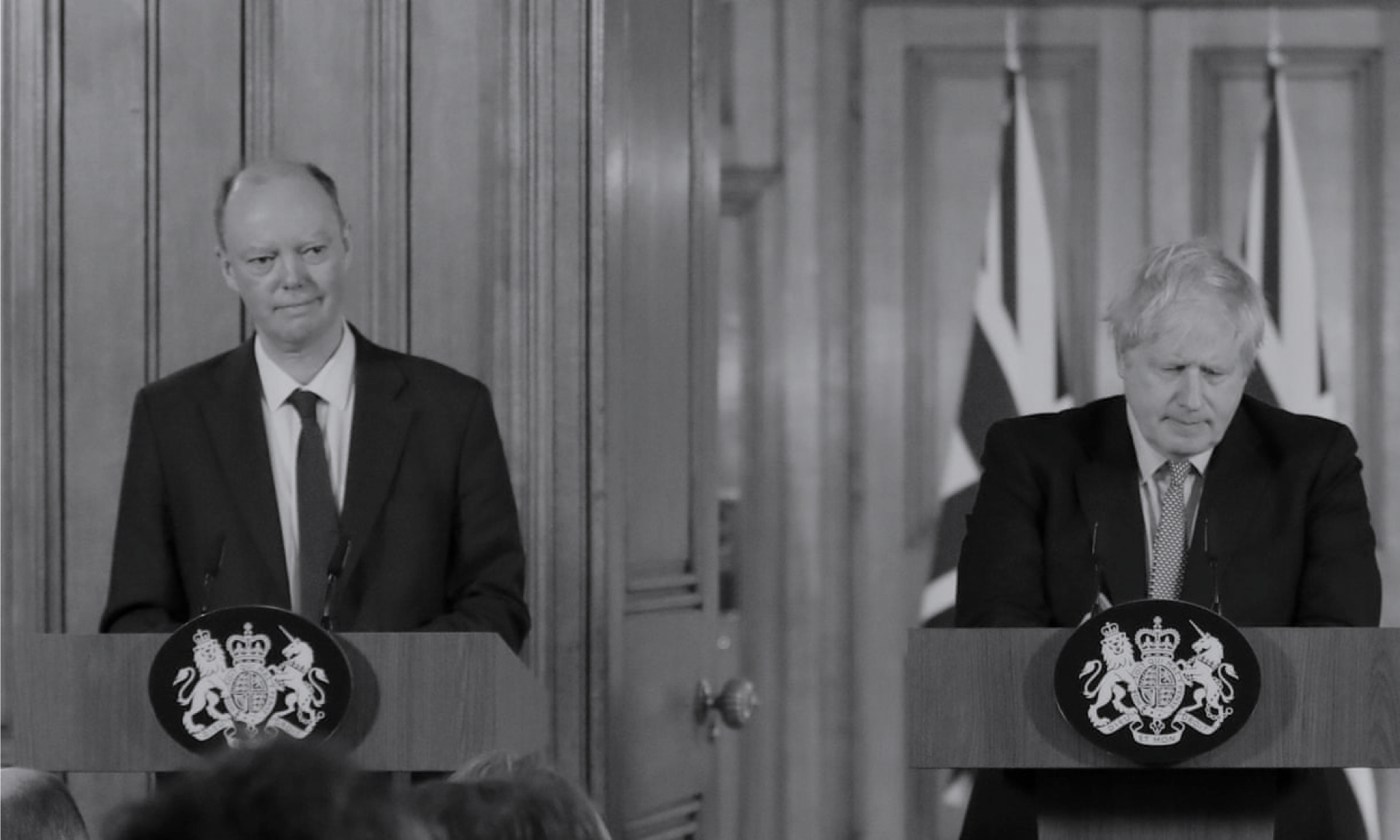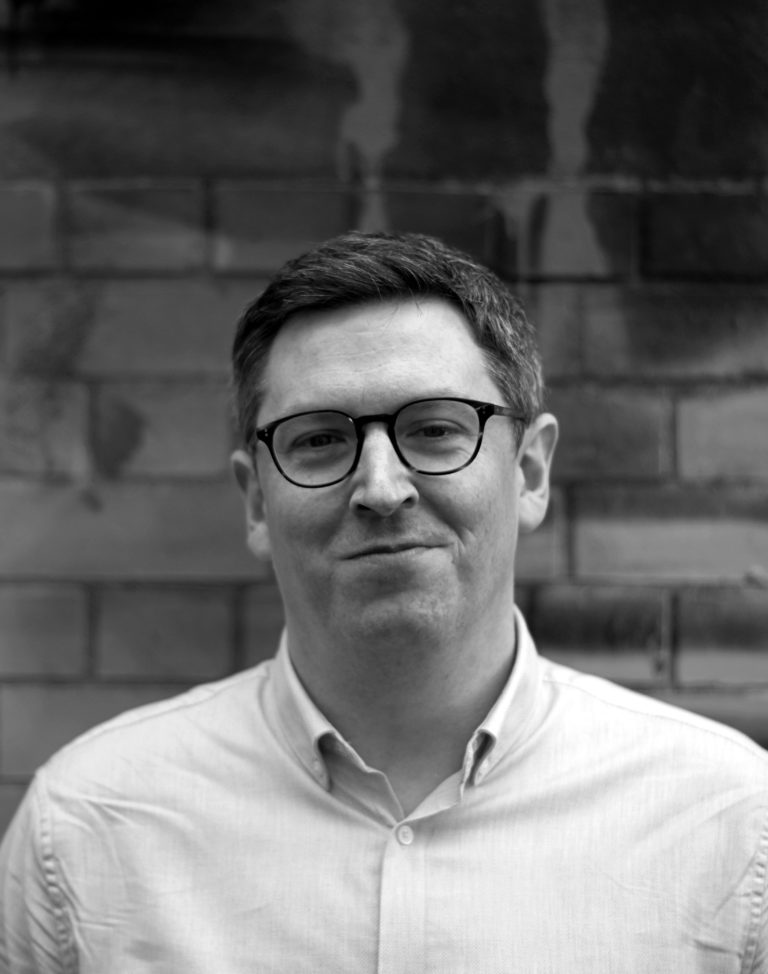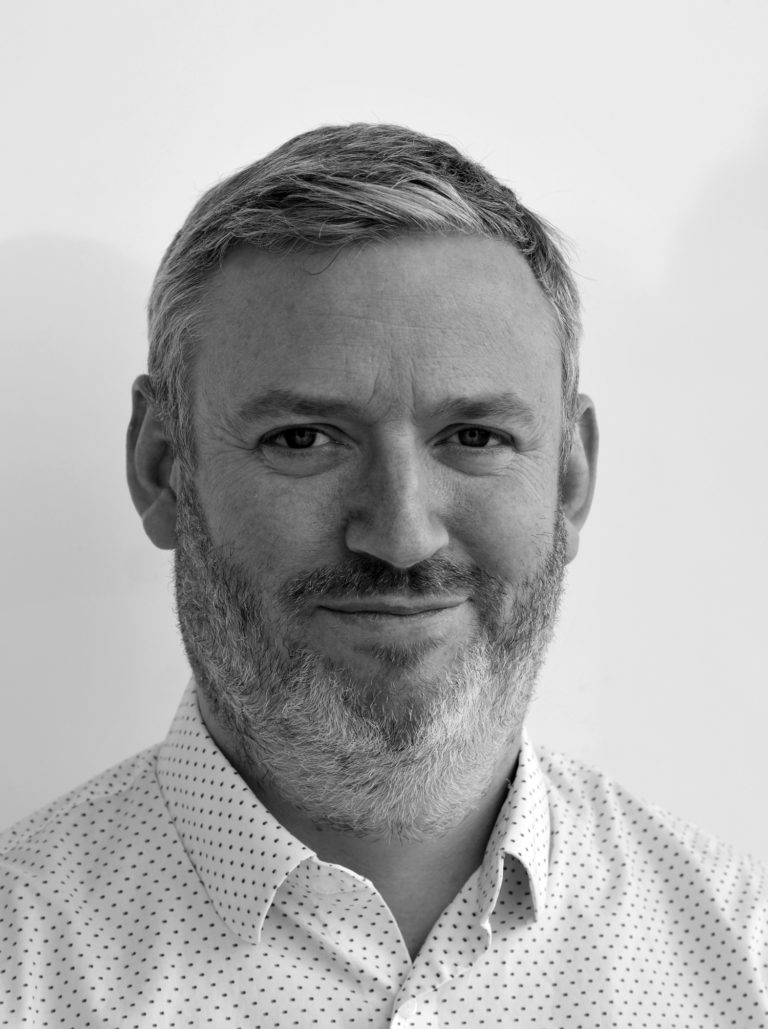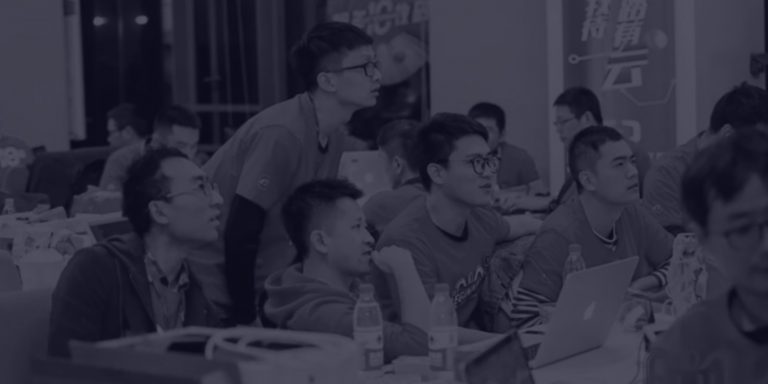As my late mother liked to remind me, when I was a child and people asked me what I wanted to do when I grew up, I’d simply answer “Be an expert”.
These were the people you’d see on TV commenting on world events. Not only did they clearly know their stuff and explain it well, but their opinion and expertise was valued. It was listened to, and often even acted upon.
But then in 2016 everything seemed to change. In refusing to name any economists who backed Britain’s exit from the EU, the leading Brexit campaigner Michael Gove uttered the immortal words: “People in this country have had enough of experts”.
And so began a new fashion for disregarding the opinion of those who had made it their life’s work to dig into a subject and become the master of it. Facts were dismissed as ‘fake news’; peer-reviewed insights became just one person’s opinion.
Maybe this backlash started even earlier. I remember a talk when I was at University by a retired army general on international security and how he criticised – as only a military man can – “experts” who commented on conflict around the world … or as he put it: “Expert – an ‘ex’ is a has-been, a ‘spurt’ is a big wet drip”. (And he wasn’t exactly preaching to the choir, the room being as it was full of academic types and wannabe-experts.)
However, read the news today and it’s all about the scientific experts, decisions being “science-led”, and “evidence-based policy”.
The unlikely hero in all of this? The UK’s Chief Medical Officer, Professor Chris Whitty.
Lauded by The Spectator magazine as a “welcome counter-revolutionary” and by The Guardian as “the expert we need in the coronavirus crisis”, his role at the forefront of the UK’s response to the Coronavirus / Covid-19 outbreak is a welcome sign that we are once again trusting those who trust us to able to handle facts and not need them spun into a clever line.
“After the bitter battles over Brexit, during which the truth was stretched to breaking point by those on both sides of a profoundly emotive argument, to have someone in authority give a balanced, well-informed and non-hyperbolic account of the government’s handling of the biggest event of the moment comes as a huge relief.
The Spectator, 9 March 2020
“England’s Chief Medical Officer Professor Chris Whitty is doing just that on coronavirus, reminding us all that in some fields – medicine foremost among them – expertise really is a quality to be heeded and not distrusted.”
Of course, in a b2b context, the picture has always been a little different, some may say sane.
In industry analysts, the tech and telecoms industry has long placed its trust. Their analysis of the market trends, understanding of the competitive landscape, and value as a trusted expert has been unshakably important to informing companies’ decision-making.
Yes, as an industry there may be grumblings about the high prices some firms charge for the privilege of accessing their expertise; there may be disparaging behind-the-back comments about some analysts being “rent-a-quote” on an industry topic. But this is all because their expertise has inherent value – be it to the CEO of a company or the editor of a publication.
The trust we place in experts says as much about ourselves, as it does about the expert. Are we open to listening and learning, or is our mind closed and already made-up? Is information presented to us digestible, and are we able and willing to digest it? Will we blindly carry on as before, or are we capable of charging course? Are you buying an analyst report to justify your decision, or to inform it?
So what happened to that young boy, telling his mum’s friends how he wanted to be an expert when he grew up?
Well, he never did become that political risk analyst, but that doesn’t stop him from thinking he’s an expert!




